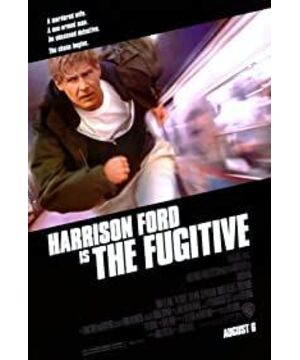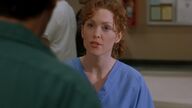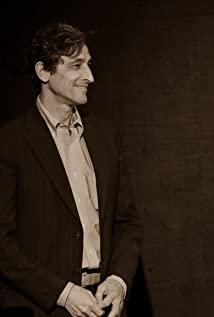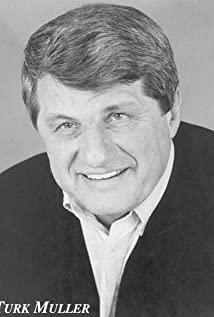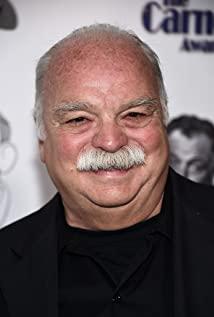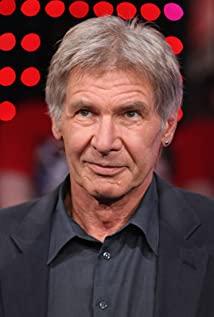A story in which the police behind the scenes play tricks and force the normal doctor to become Sherlock Holmes
The whole film has a strong feeling that the story promotes the actions of the characters rather than the characters promoting the development of the story. I don’t know if the director deliberately did it, but the script alone cannot produce this effect, but the film itself does. Extreme narrative is rare in ordinary movies.
As far as the script itself is concerned, the main line is simple and clear: the framed doctor accidentally escaped from custody and faces the truth of a single-handed counterattack. Escape and verification are in parallel, and the investigation is nested in the investigation. The dangers are suffocating. Charlie’s IQ and luck can be called "what else do you want" in the real version, but even if the main line is extremely thin, why is there no way to watch the movie? Where's the pee?
1. Full narrative without description
To be precise, there should be no inner description of the characters. Although he suffered from the pain of bereavement and murder, but in the film, except for the emotional breakdown of being interrogated at the police station and the catharsis in several dreams, Charlie is calm and repressed throughout the whole process. When the plot becomes stable, clues are found immediately or the crisis is re-entered, without respite.
2. Few characterizations
Except for the two main characters of Charlie and Gila, the other characters are basically NPCs who do not need to give a name. There is no so-called heroine in the film. Even the two villains are chasing after the scenes. A brief conversation driven by the escape: Charlie asks to borrow money from the Knicks to borrow money, Charlie calls the Knicks to tell the truth, Sykes is questioned by the police, and Sykes chases and kills Charlie.
The few human characterizations are narratives that came to an abrupt end: Charlie rescued a police officer from the prison car, Gila shot and killed a fugitive who was holding a police officer, Charlie modified the boy’s medical record, Charlie checked the pulse of the shot police officer, Gila Open Charlie's handcuffs in the police car. All the characters' personalities are just laid flat on the screen to let the audience feel. The director does the least rendering, and purely tells the story to guide the audience to think, so you are either thinking or you are tense and have no time and are bored.
Two complaints:
1. Due to the influence of the narrative style, the appearance and ending of the villain are too abrupt, basically without shocking performances. The killer is not cruel but disabled. The man behind the scenes chooses Charlie’s friend Knicks not to be strong enough. The behavior of the top Chicago Police Department The instructions behaved too much like the collusion of officials and businessmen to seek wealth and death. The second half of the story of Magrege Pharmaceuticals, which was explained in the middle, did not do any deep digging. He always thought that he would dig a bigger inside story at the end of the film, but the ending was Charlie. The scene of the fight with the Knicks is too realistic, and the overall feeling is that there are some shortcomings.
2. Tommy Jones won the Oscar for Best Actor in the film unexpectedly, but when I look back, if I had to give it to a golden man, he really couldn't give it to Ford. The reason is that Charlie's character is completely witty and super self-controlling. An illusory character who is lucky and benevolent, no matter how strong the narrative is and the weak description can not conceal the fact that the protagonist’s halo, so the acting skills are much bleak compared to the character setting; on the contrary, as a professional superintendent, the role For Jones's keen sense of smell, ruthlessness, business affairs, and courageous paranoia, he has deduced the response of a real character, not exaggerated or pretentious. The ridicule of the two on the police car at the end of the film even played the role of Gila. Living, making mistakes, embarrassing, apologizing, and begging for confidentiality, a series of more realistic performances make Gila's character more like a character in reality. So although Ford has more roles, he lost to the script and the director. It is the most successful narrative expression in this article that prevents him from acting more. In fact, there is no extra thing for him to play. It's set.
View more about The Fugitive reviews


